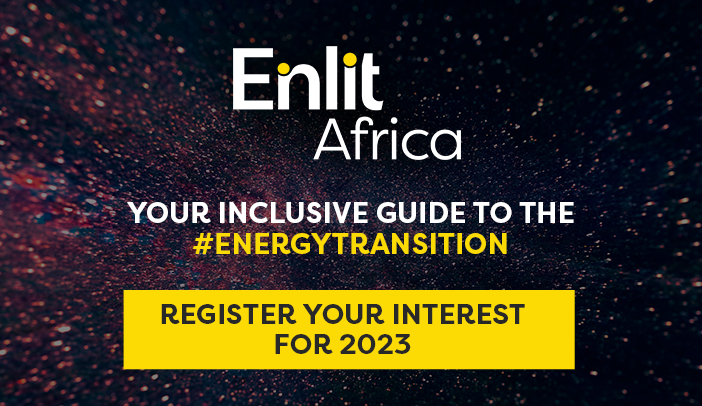- Kenyan mobility company, BasiGo has secured $6.6 million in new funding to accelerate electric bus uptake in the country.
BasiGo, the first company to introduce electric buses into Kenya, announced the $6.6 million in new funding was led by Mobility54, the corporate venture capital arm of Toyota Tsusho; Trucks VC, a transportation-focused venture capital fund in Silicon Valley; and Novastar Ventures, a global VC supporting entrepreneurs transforming markets in Africa.
The round also includes investment from Moxxie Ventures, My Climate Journey (MCJ), Susquehanna Foundation, Keiki Capital, and OnCapital. The new round brings BaisGo’s total funding in 2022 to $10.9 million. It will enable the company to commercialise locally manufactured electric buses and charging infrastructure through its unique Pay-As-You-Drive financing model.
“BasiGo is thrilled to have the backing of investors who are leaders in the automotive sector and climate finance,” said Jit Bhattacharya, CEO of BasiGo. “Over 90% of Kenya’s electricity already comes from renewables. Yet Kenya’s transport sector relies entirely on imported petroleum fuels. By electrifying Kenya’s public transport, we can make an immediate dent in climate emissions, clean up the air in our cities, and give bus owners relief from the rising cost of diesel. With this new funding, BasiGo is ready to bring the benefits of state-of-the-art electric transport to all people in Africa.”
Kenya’s public transport sector is home to over 100,000 privately-owned buses and minibuses, often called matatus. BasiGo’s electric buses have driven over 110,000km and carried over 140,000 passengers as part of fleet operations with two Nairobi bus operators: Citi Hoppa and East Shuttle. The company has already received over 100 reservations from customers and recently announced partnerships with KCB Bank and Family Bank to provide up to 90% financing to owners for the purchase of an electric bus.
Electric bus has strong potential in Kenya
“We strongly believe in the potential of electric buses in Africa,” Takeshi Watanabe, CEO of Mobility54, said in a statement. “BasiGo’s strong capability to implement the concept and its cutting-edge technology is the key to transforming conventional diesel buses to environmentally-friendly electric buses. We are extremely excited to build a solid partnership with BasiGo, and to support their growth by fully leveraging the business assets under Toyota Tsusho and CFAO.”
The high upfront cost is the greatest barrier to electric bus adoption in emerging markets. BasiGo’s Pay-As-You-Drive model allows owners to purchase an electric bus for a similar upfront cost to a diesel bus. “At Trucks, we back entrepreneurs building the future of transportation. We invested in BasiGo because their Pay-As-You-Drive platform is the key to electrifying and modernising the massive informal public transport market in Africa,” commented Jeff Schox, general partner of Trucks VC.
BasiGo’s next 15 electric buses will be delivered in January and will enter operation with many of Nairobi’s largest bus operators. The company is already deploying high-power, DC fast-charging stations at strategic locations across Nairobi to support this expanded fleet. The company reports that all buses delivered in 2023 will be locally assembled in Kenya, and aims to have over 1,000 electric buses deployed in Kenya by the end of 2025
Author: Nomvuyo Tena
Nomvuyo Tena is a Content Producer at Vuka Group and is as passionate about the energy transition in Africa as she is about music and Beyonce.
This article was originally published on ESI Africa and is republished with permission with minor editorial changes.



















